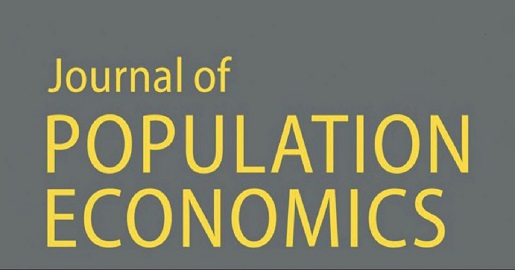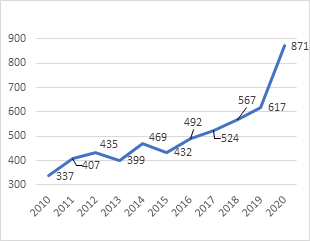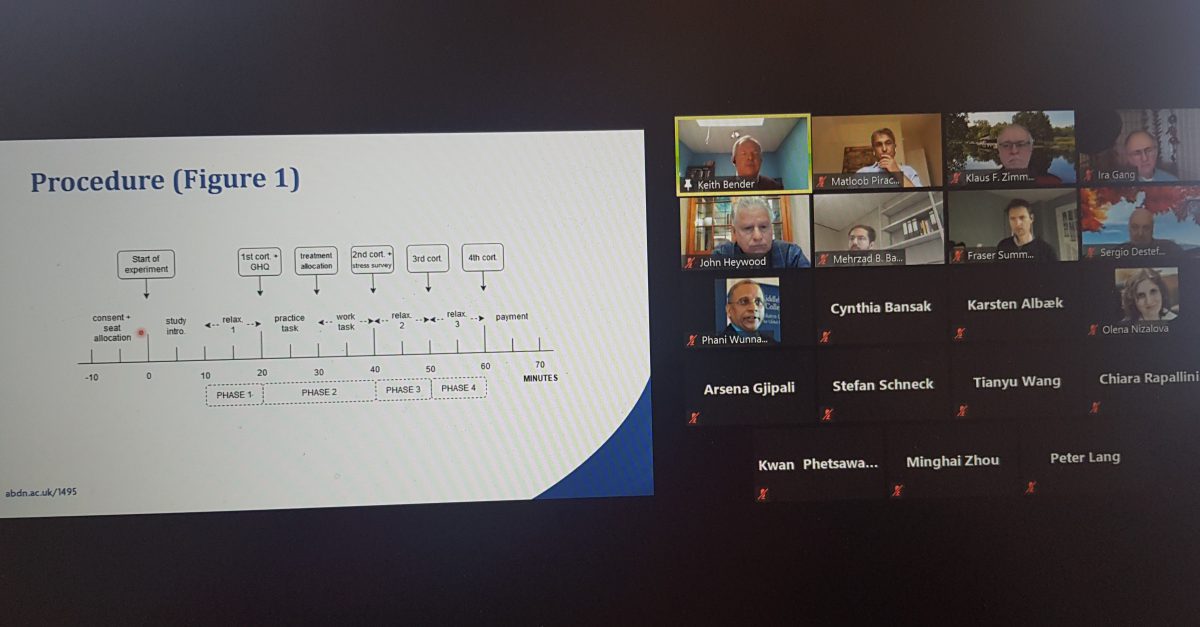A new GLO Discussion Paper suggests that the stepping stone effect is more likely to emerge when self-selectivity issues are dealt with.
The Global Labor Organization (GLO) is an independent, non-partisan and non-governmental organization that functions as an international network and virtual platform to stimulate global research, debate and collaboration.

GLO Discussion Paper No. 841, 2021
Are temporary jobs stepping stones or dead ends? A meta-analytical review of the literature – Download PDF
by Filomena, Mattia & Picchio, Matteo
GLO Fellows Filomena Maggino and Matteo Picchio
Author Abstract: We present a meta-analysis on the debate about the “stepping stone vs. dead end” hypothesis related to the causal effect of temporary jobs on future labour market performances. We select academic papers published on international peer-reviewed journals from 1990 until 2021. Among 78 observations from 64 articles, 32% support the hypothesis according to which temporary contracts are a port of entry into stable employment positions, 23% report ambiguous or mixed findings, and the remaining 45% provide evidence in favour of the dead end hypothesis. The results from meta-regressions suggest that the stepping stone effect is more likely to emerge when self-selectivity issues are dealt with, especially when using the timing-of-events approach. The studies focusing on temporary work agency jobs and casual/seasonal jobs detect more easily results in favour of the dead end hypothesis. Finally, in more recent years and when the unemployment rate is larger, the dead end hypothesis is more likely to prevail.

GLO Discussion Papers are research and policy papers of the GLO Network which are widely circulated to encourage discussion. Provided in cooperation with EconStor, a service of the ZBW – Leibniz Information Centre for Economics, GLO Discussion Papers are among others listed in RePEc (see IDEAS, EconPapers). Complete list of all GLO DPs – downloadable for free.
Ends;





















